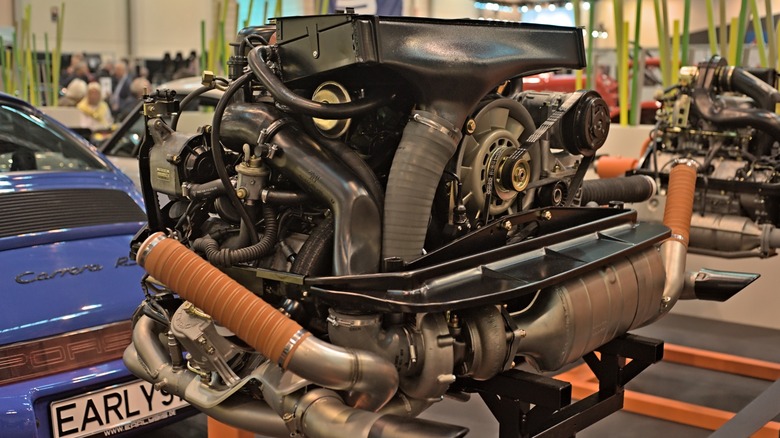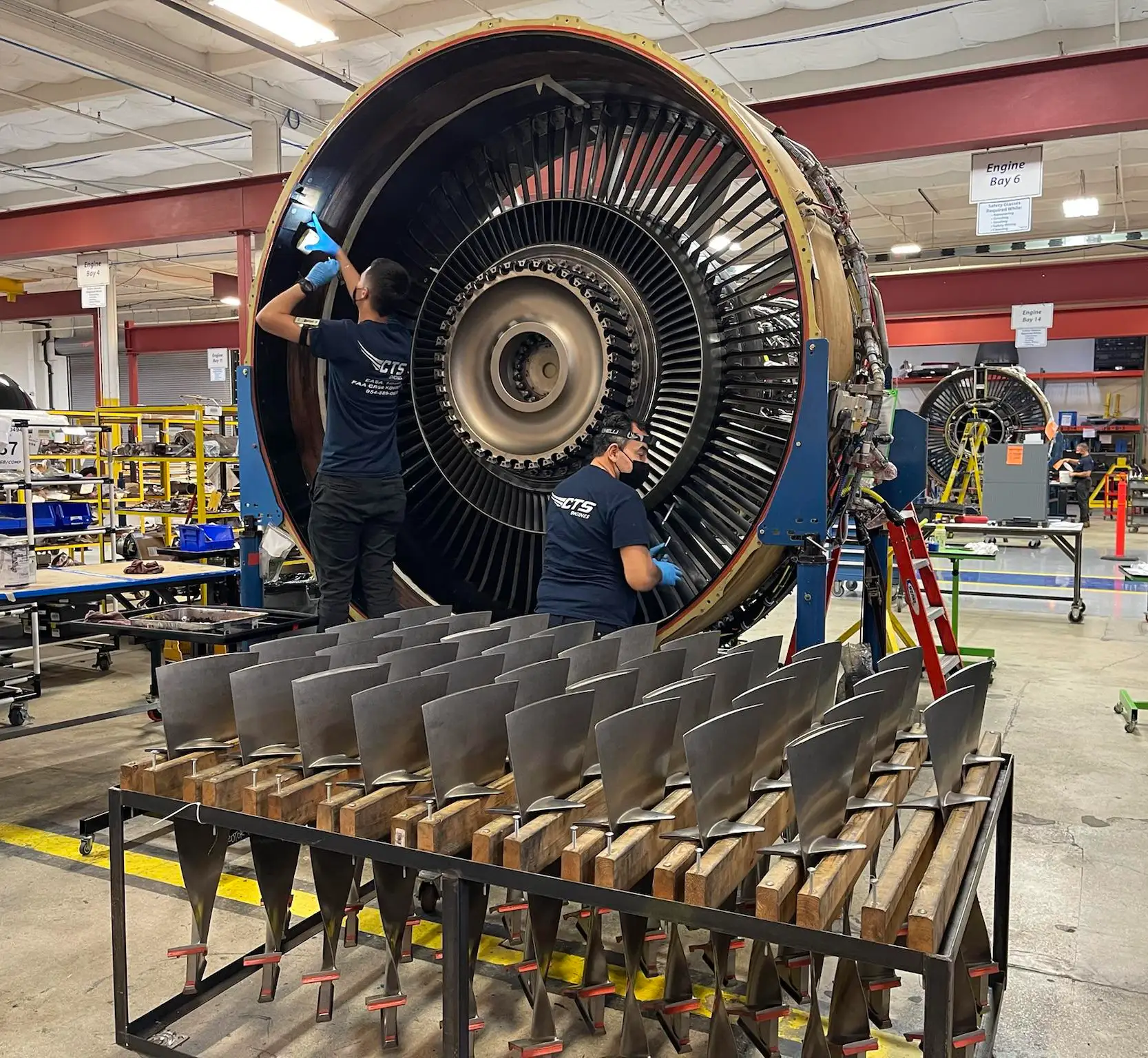The Influence of Innovative Engine Technologies on Power Performance and Environmental Sustainability
In the realm of transportation and commercial equipment, the continuous quest for improved power performance and reduced environmental effect has resulted in considerable improvements in engine technologies. From the gradual shift in the direction of hybrid and electrical systems to the integration of turbocharging for improved efficiency, the landscape of engines is developing swiftly. The utilization of alternative gas further branches out the options offered for sustainable energy resources. These innovations not only assure a greener future yet likewise hold the prospective to transform the method we approach energy usage and environmental sustainability.
Development of Engine Technologies
The progression of engine modern technologies over the decades has been noted by regular advancement and refinement in pursuit of boosted performance and performance. From the early days of internal burning engines to the advanced crossbreed and electric powertrains these days, the evolution of engine technologies has actually been driven by a relentless mission for improved gas effectiveness and lowered emissions.
One substantial milestone in this evolution was the advancement of turbocharging and direct injection systems, which significantly improved engine power result while enhancing fuel efficiency. These technologies enabled smaller sized, much more lightweight engines that could deliver the performance of larger ones without endangering on efficiency.
Moreover, advancements in materials scientific research have brought about the widespread fostering of light-weight materials such as aluminum and carbon fiber in engine building and construction. This has not just reduced overall automobile weight yet has actually also improved engine performance by reducing power losses related to inertia and friction.
Advantages of Electric and Hybrid Equipments
With the expanding focus on sustainability and power efficiency, what benefits do electric and hybrid systems provide in the world of engine innovations? Furthermore, electric and hybrid systems are a lot more energy-efficient, transforming a higher portion of stored energy into propulsion compared to standard engines. Crossbreed systems incorporate the benefits of electric propulsion with the adaptability of a burning engine, offering prolonged driving arrays and decreasing array anxiety for consumers transitioning to electric automobiles.
Turbocharging for Improved Efficiency
Innovative engine innovations like electrical and hybrid systems have led the way for developments in automobile efficiency, with turbocharging becoming an essential technique for improving general performance and sustainability. Turbocharging jobs by utilizing a generator to compel even more air into the combustion chamber, allowing for better gas burning and enhanced power output without a considerable boost in engine size. This process, understood as forced induction, allows smaller, much more fuel-efficient engines to create power degrees similar to bigger ones. By making best use of the efficiency of the burning procedure, turbocharged engines can accomplish improved fuel economy and lowered exhausts, adding to ecological sustainability. Furthermore, turbocharging boosts engine responsiveness, giving vehicle drivers with a much more dynamic driving experience. The widespread fostering of turbocharged engines in both gasoline and diesel cars demonstrates their official statement performance in stabilizing efficiency, effectiveness, and environmental influence. As vehicle makers remain to fine-tune turbocharging technology, its duty in promoting energy efficiency and sustainability in the transport industry is expected to expand additionally.
Using Alternative Gas
Harnessing alternate gas provides an encouraging avenue for minimizing carbon exhausts and branching out the power resources used in transportation. As the globe strives to deal with environment change and lower dependency on fossil fuels, alternate gas have gotten considerable attention for their possible environmental and financial advantages.
Biofuels, such as ethanol and biodiesel, are acquired from sustainable sources like algae, sugarcane, and corn, supplying a cleaner burning option to conventional gasoline and diesel. These fuels can be combined with existing oil fuels or utilized in specialized engines, offering a pathway to lower greenhouse gas exhausts and boost air top quality.
Moreover, hydrogen gas cells have become an appealing innovation for zero-emission transport. engines for africa. By transforming hydrogen gas into electricity to power electric motors, fuel cell lorries create only water vapor as a result, getting rid of unsafe tailpipe emissions entirely
In enhancement to lowering carbon exhausts, alternative gas can additionally boost energy safety by expanding the fuel mix and reducing reliance on imported oil. Welcoming alternate fuels in transport is an essential action towards accomplishing a more ecologically pleasant and sustainable future.

Future potential customers and environmental advantages
The environmental benefits of different gas and their possibility for lasting sustainability are essential factors to consider in the shift towards cleaner power sources. Alternative fuels, such as biofuels, hydrogen, and electricity, offer considerable environmental benefits compared to traditional nonrenewable fuel sources. These gas produce lower degrees of greenhouse gas emissions, lowering air contamination and mitigating environment change effects. In addition, alternate gas can aid branch out power resources, boosting energy safety and lowering dependence on finite resources.
The future leads for alternate fuels in the transportation sector are appealing. Developments in modern technology continue to enhance the effectiveness and affordability of alternative fuel automobiles, making them much more easily accessible to consumers. Federal governments worldwide are also implementing policies to incentivize the adoption of alternative fuels, even more driving their growth. As r & d efforts increase, the possibility for even greener and extra lasting gas choices enhances, paving the way for a have a peek here cleaner and a lot more eco-friendly transportation market. By embracing different fuels and ingenious technologies, the course towards an extra lasting future ends up being increasingly achievable.

Verdict
In final thought, cutting-edge engine technologies have actually played a critical function in enhancing energy efficiency and advertising environmental sustainability. The development of engine innovations, fostering of hybrid and electric systems, usage of turbocharging, and expedition of alternate gas have all contributed to lowering emissions and increasing efficiency.
In the world of transport and commercial equipment, the constant pursuit for improved power effectiveness and minimized ecological effect has led to significant advancements in engine technologies. Turbocharging jobs by making use of a generator to compel Get More Info more air into the burning chamber, permitting for better fuel combustion and increased power outcome without a substantial rise in engine dimension. By optimizing the effectiveness of the burning process, turbocharged engines can accomplish enhanced gas economic climate and decreased discharges, adding to ecological sustainability. Different fuels, such as biofuels, hydrogen, and power, deal substantial environmental benefits contrasted to traditional fossil fuels. The advancement of engine technologies, fostering of hybrid and electrical systems, use of turbocharging, and exploration of alternate fuels have all added to raising and minimizing exhausts performance.